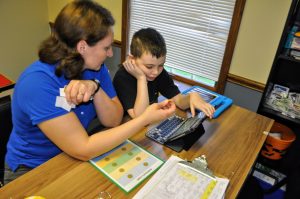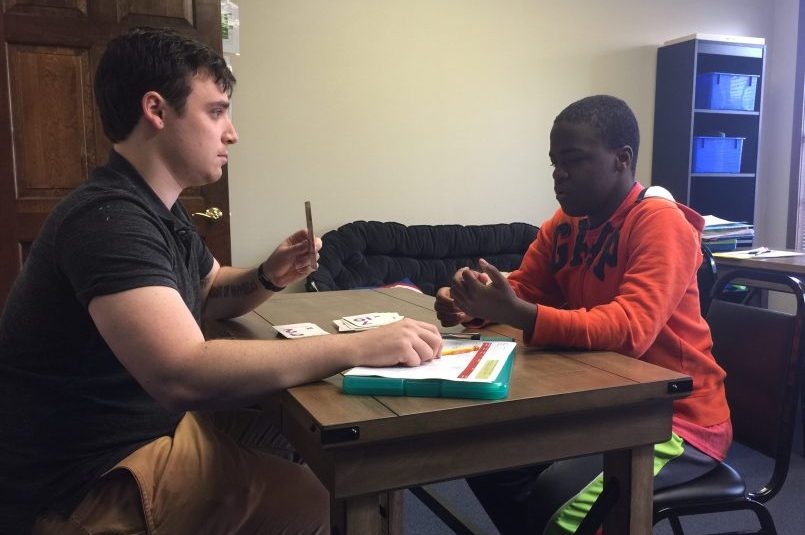Discrete trial instruction is an empirically supported method of instruction that can be utilized to teach a variety of skills such as functional academic, vocational readiness, and social skills. In discrete trial training, complex multi-step tasks are broken down into simpler parts that are taught one at a time to ensure mastery. Prompting is delivered to ensure correct responding when it does not occur naturally and reinforcement is administered for correct responses to build skills. After all steps in a program are mastered, they are assessed for maintenance across time to ensure retention and must be performed in the natural environment to ensure the new behaviors occur in the context they need to occur (such as heating food at lunch time). Other forms of empirically supported instruction such as behavioral skills training are utilized for more complex skills and involve going over the importance of the skill, proving a model, rehearsing the skill, and providing feedback about the performance of the learner.



